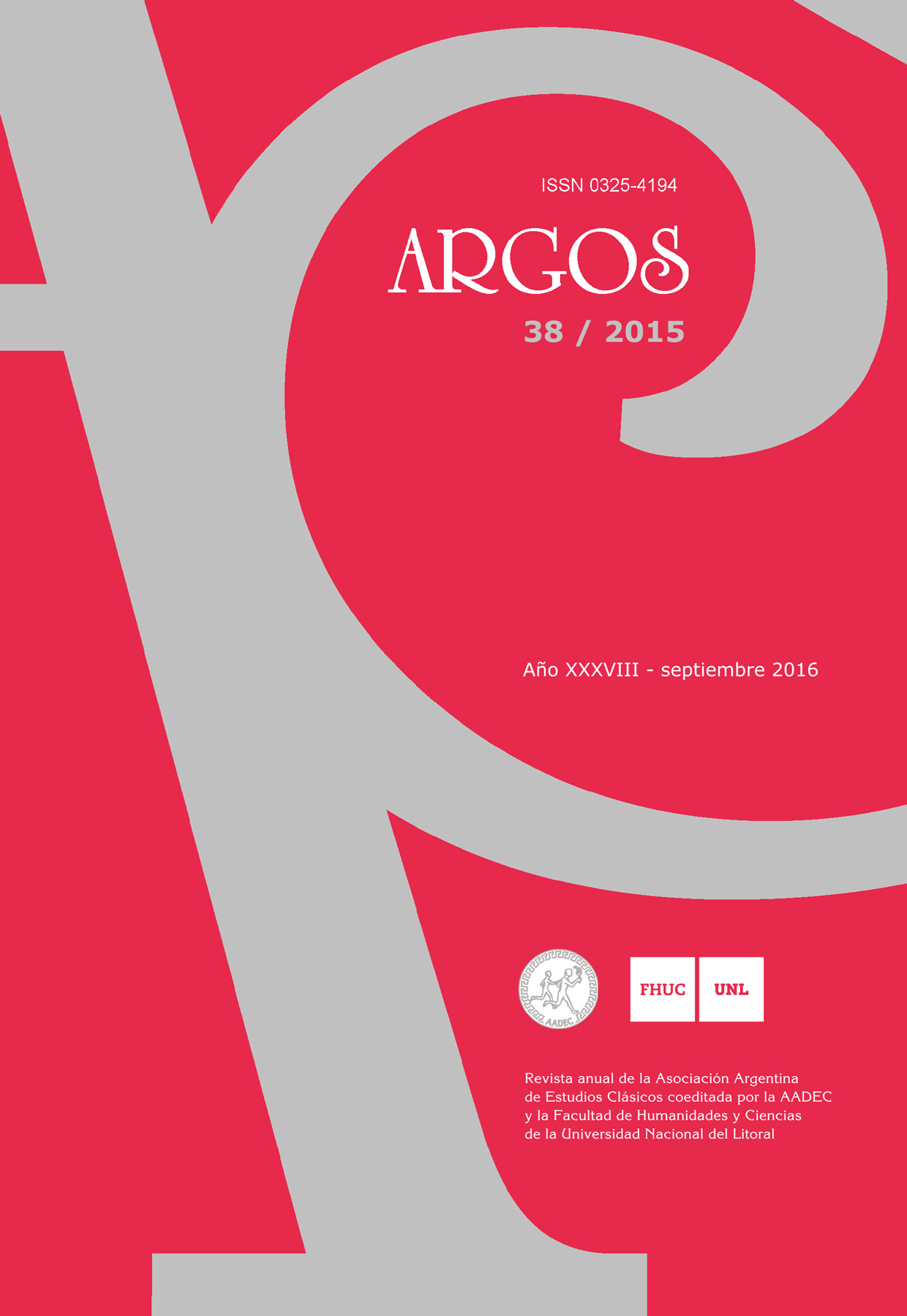PHILOSOPHY AND ERISTIC IN PLATO AND ARISTOTLE. ON THE DISTINCTION BETWEEN BEING GENUINELY PROBLEMATIZED AND TALKING FOR THE PLEASUREOF TALKING
DOI:
https://doi.org/10.14409/argos.v1i38.9196Keywords:
eristic, philosophy, aporia, Meno’s paradox, principle of non-contradictionAbstract
In this paper I attempt to shed light on the distinction between philosophy and eristic in Plato and Aristotle by turning my attention to the notion of aporia. In section I on the basis of an examination of the occurrences of eristikos in Meno, I try to show that Socrates appears closely connected with the eristic, who is usually portrayed as his most dangerous opponent. In section II, I analyse Aristotle’s taxonomy of the opponents of the principle of non-contradiction in Metaphysics IV in order to clarify the distinction between philosophers who are in genuine perplexity and eristics who look for verbal victory. At this point, I argue, Aristotle follows closely Plato’s teachings in Meno.



